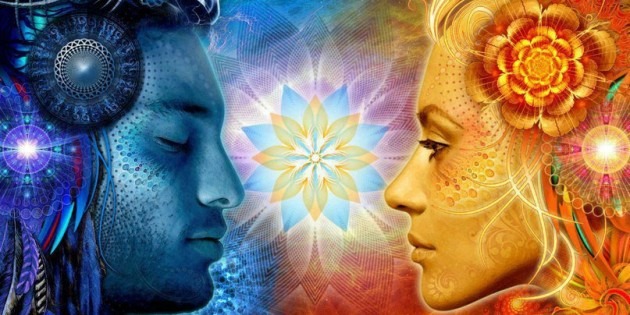Brahmacharya
Brahmacharya means to follow Brahman. To seek supreme reality, self, and god. In this aspect, Brahmacharya is inherently Hindu. It also represents fidelity when married, simple living, and celibacy when unmarried. Brahmacharya is also taken more seriously by many ascetics, including being complete celibate and emphasizing chastity for obtaining moksha. However, Brahmacharya is a concept … Read more

